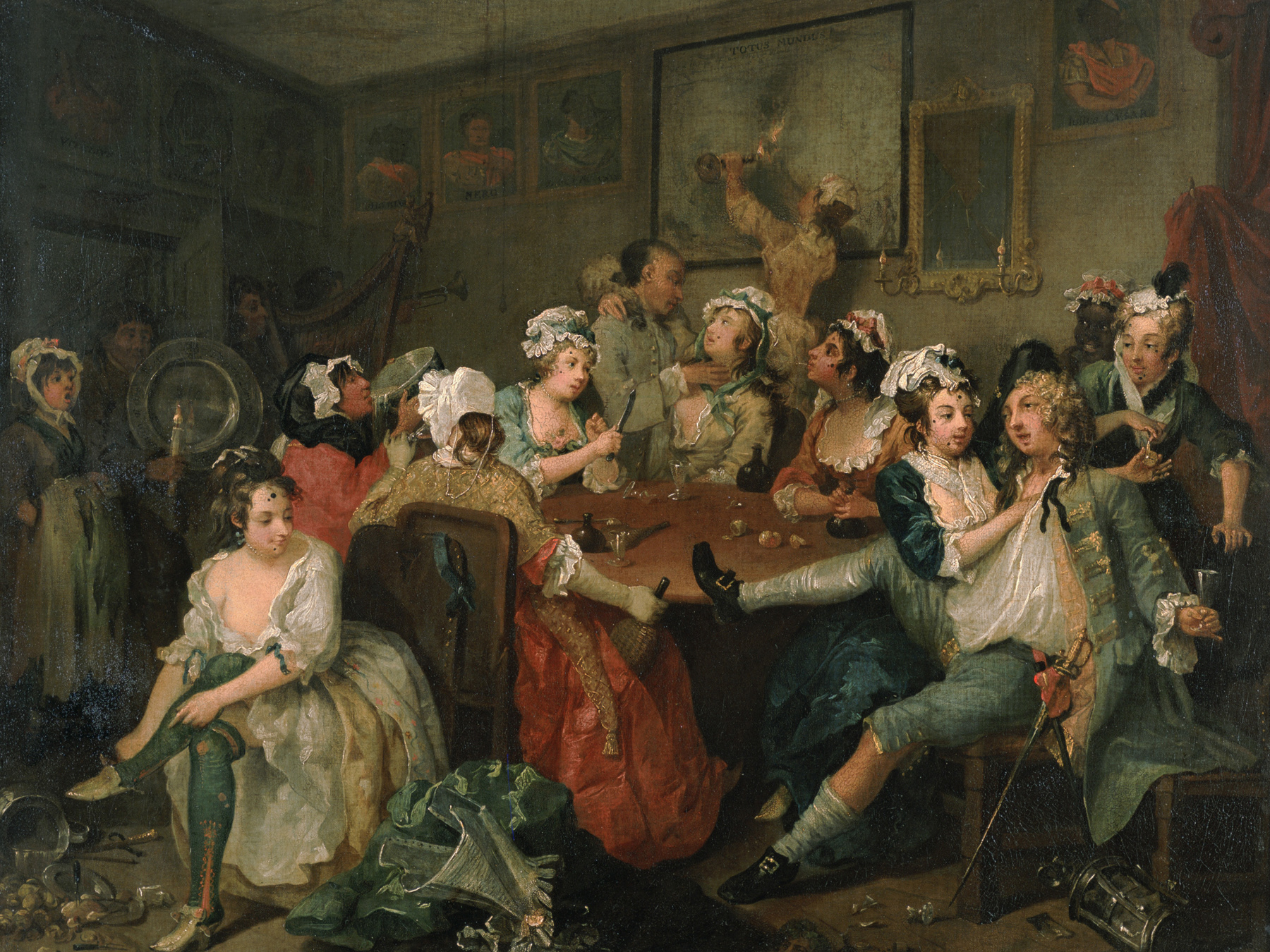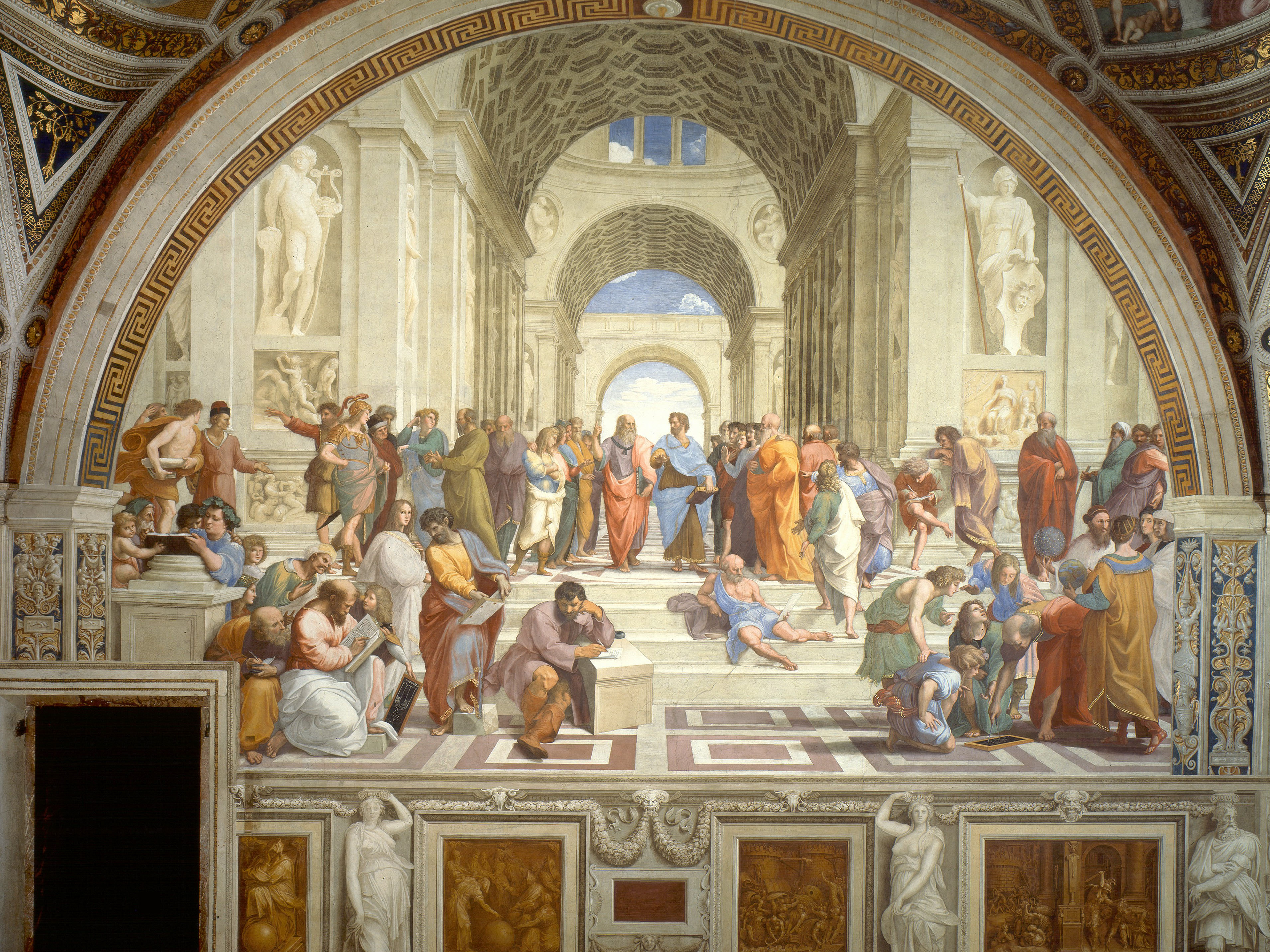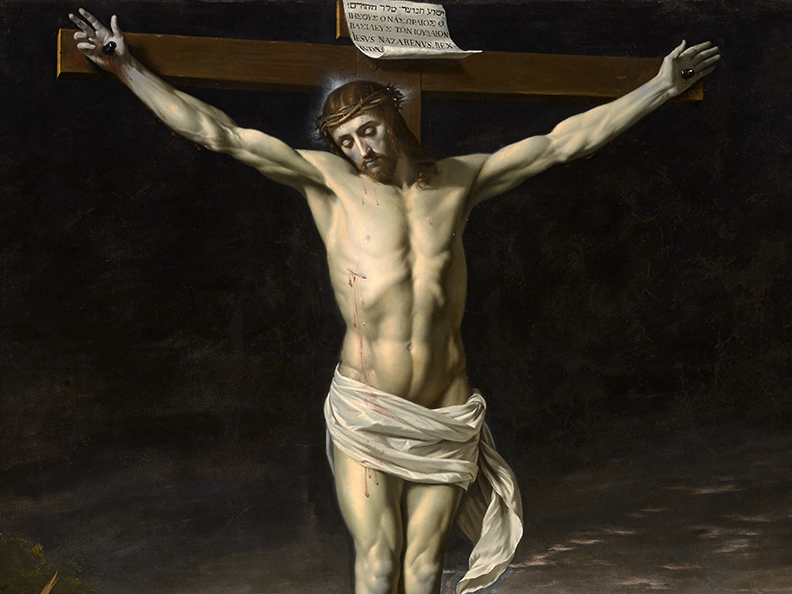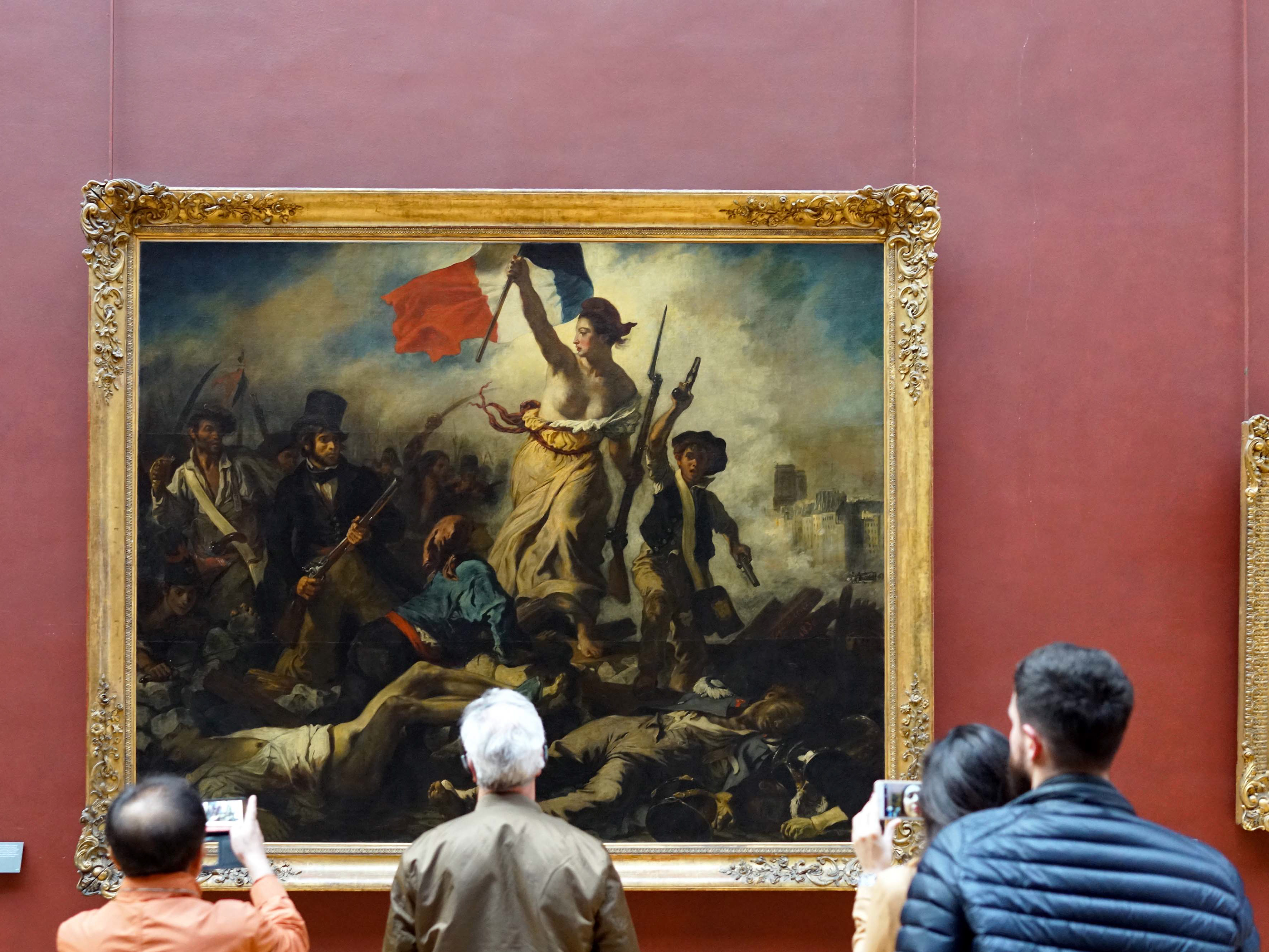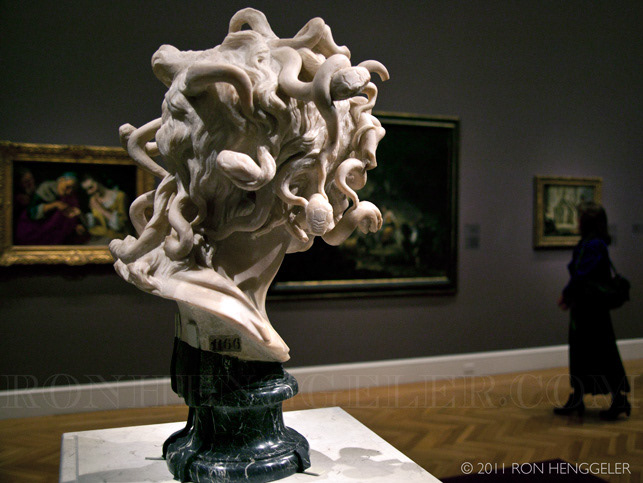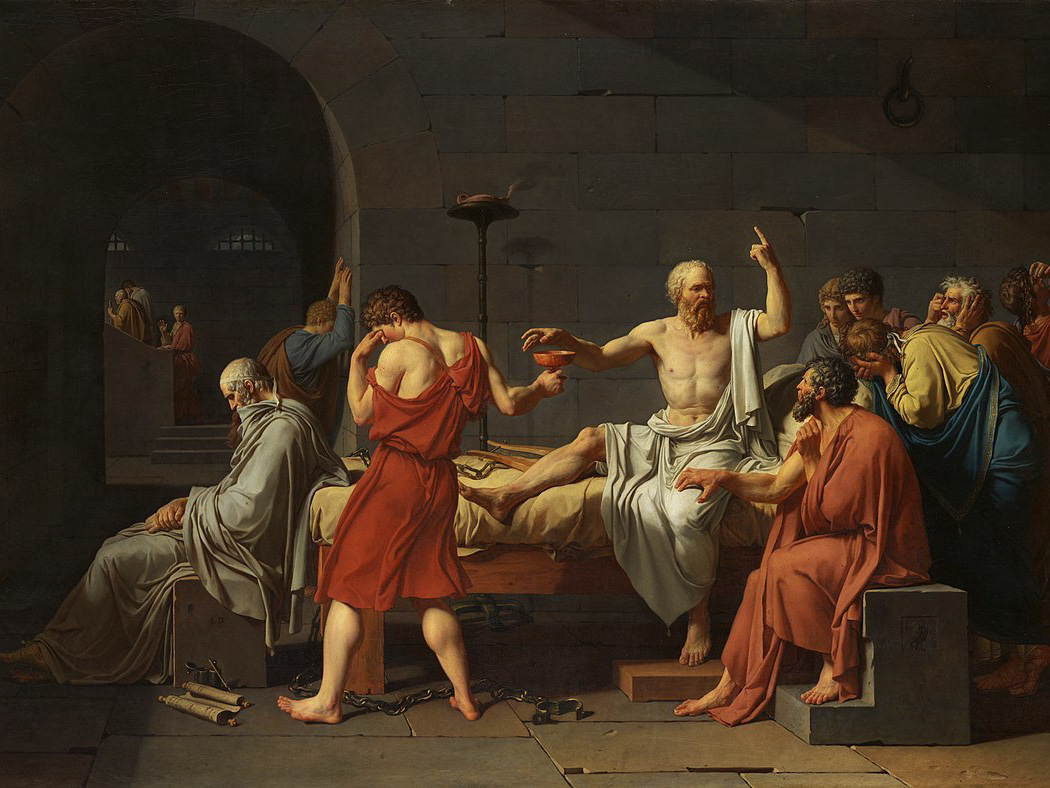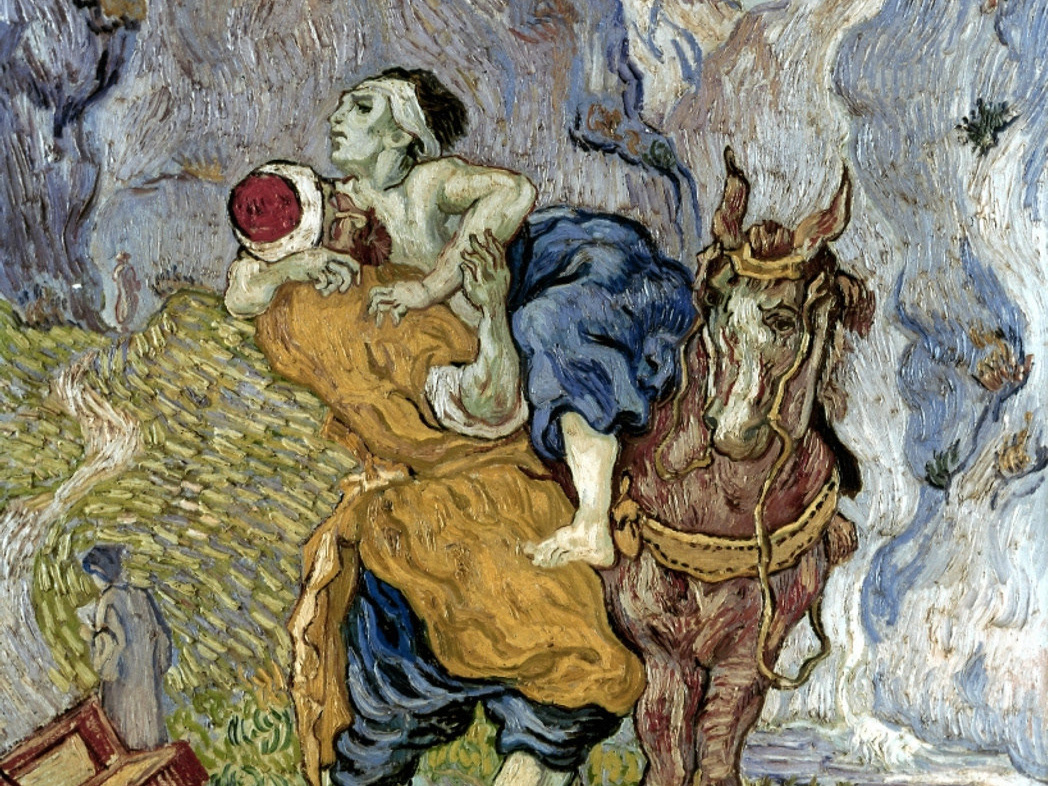Many men in society—especially in Christian circles—will confidently say that leadership is the man’s role. It is his duty from God, or some variation of that claim. Into this idealized mandate, we often paint vague, poetic motifs like "servant-general," without ever really probing what we actually mean.
A Pew Research Center survey showed that people consider honesty, intelligence, decisiveness, organization, innovation, ambition, and compassion to be valuable leadership traits. I call them the "goody two-shoes answers"—virtue-based traits that sound ideal, even moral. Interestingly, the same study revealed that women may slightly edge out men in exhibiting these traits. Many respondents even agreed that men and women can both make good leaders.
But do we actually believe those traits define leadership? Not quite.
There is a monster in socio-politics I call perception. And in politics, perception is law. It varies across cultures and value systems. According to Implicit Leadership Theory, Western societies value assertiveness, individualism, confidence, and charisma. Other studies show absurd—but real—correlations: deep voices, tall height, strong jawlines. You see it in dating too: women list kindness, reliability, and stability as ideals, but often choose men forged in the fiery pits of chaos simply because they looked the part, not were the part.
What we call leadership is often just a shadow of military commanders, kings, and dictators. Yes, they are technically leaders. But not the kind we claim to want in a society that celebrates democracies round tables.
So when men’s groups in Christian spaces speak of leadership, they often describe a general or a king—with a sprinkle of Christ. But that model cannot produce leaders who resemble Paul, Peter, John, or even Christ himself. It produces what I call the Faux Leader.
Jacques-Louis David – Napoleon Crossing the Alps (1801–1805)
This is why the question, “What’s your idea of a leader?” is so important. The Faux Leader is the result of centuries of misapplied archetypes. And while many men may not wear jorts or sip matcha lattes while reading feminist literature, a lot of us are deeply performative. Leadership, for them, is about being perceived a certain way. Some are aware of the performance. Most are not.
So then—what is the model? My answer is simple: the person of Christ.
He was, and remains, an anomaly. A teacher, a miracle worker, a rebel to some, the Messiah to others. In death, God to some, a prophet to others. Regardless of belief, no one denies his impact. He is the most influential figure in history. His ideas, rightly or wrongly interpreted, helped shape the moral backbone of the modern West. The original twelve—his closest friends—all died proclaiming him as Lord, save for John. The Church he founded has been burned, banned, persecuted, and corrupted—and still it will not die.
If we must talk about leadership, we must start here. With Christ. Because he is the ideal.
Jorge Cocco Santángelo - Christ the Redeemer
And when I compare Christ’s model to what I hear in western Christian circles, I grow uneasy. Christ was a servant—not someone who had the heart of a servant, but someone who was the embodiment of one. He didn’t bark orders. He extended hands. He didn’t seek platforms. He washed feet. He served more than anyone else in Scripture.
The Bible repeatedly uses the motif of the shepherd to describe leadership, and it’s intentional. In that relationship, the burden falls heavily on the shepherd. The sheep are disobedient, helpless, and in constant need. The shepherd does not need the sheep to survive—the sheep needs the shepherd. And yet, the shepherd stays. He walks into danger, sleeps among them, and leads with his life.
Consider Gethsemane. The one time Christ asked something of his followers—they failed. He pleaded with his closest friends to stay awake and pray with him. He shared his sorrow. They slept. That moment reveals the unbearable loneliness of true leadership. It is a terrifying thing. Leadership isn’t loud. It is the cross.
Paul was beaten, imprisoned, exiled. Peter was crucified upside down. These were not men protected by power. They were leaders who never stopped serving, even in chains.
The true leader is the servant—if we are to follow the model of Christ.
Otherwise, we will keep chasing the general, the king, and the Faux Leader.
Heinrich Hofmann – Christ in Gethsemane


